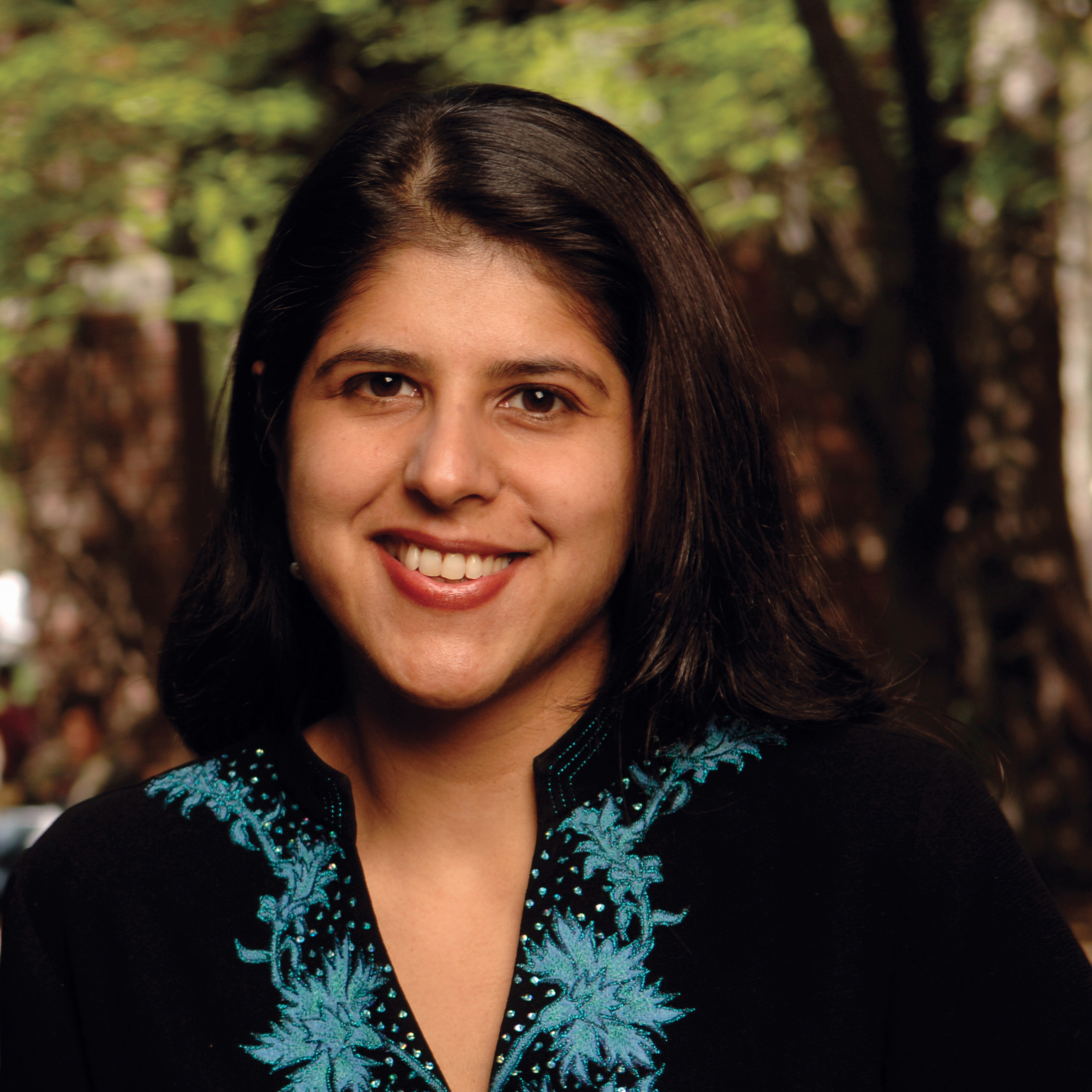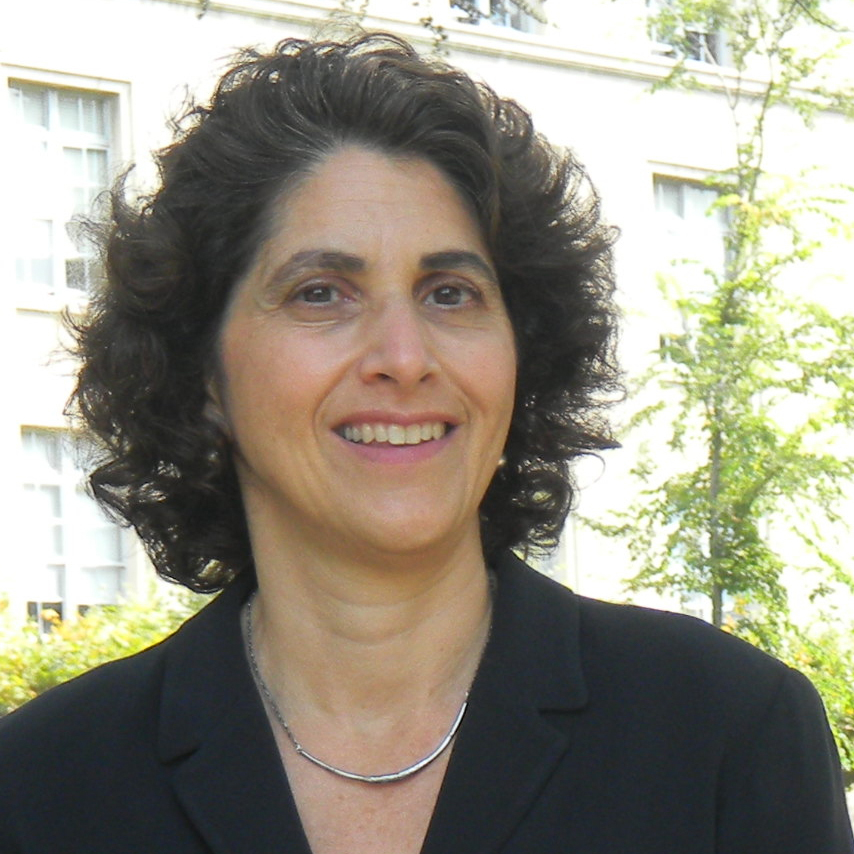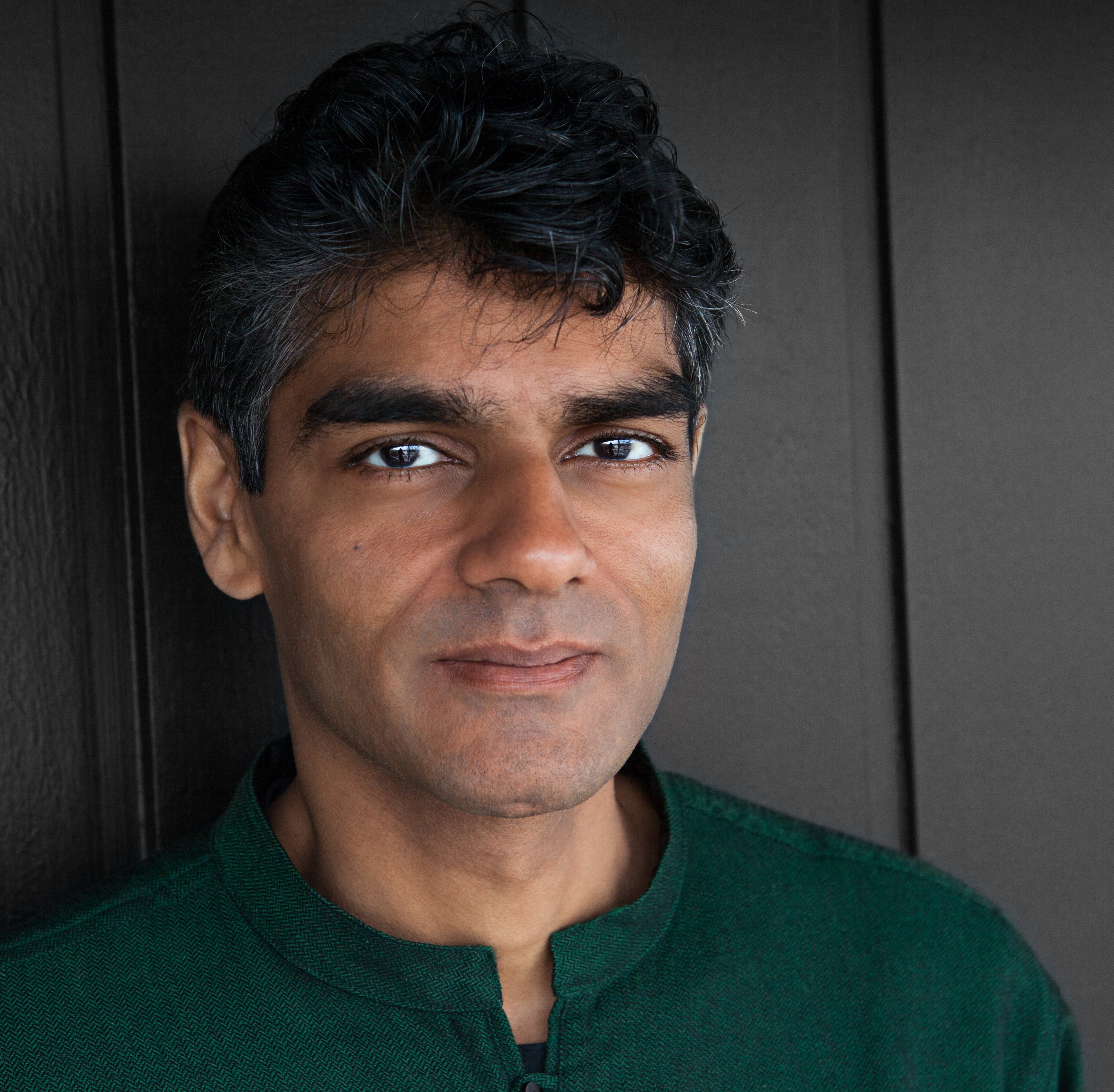 On June 16-17, scholars, students, farmers, and food systems leaders will converge at UVM for the fourth annual UVM Food Systems Summit: “The Right to Food: Power, Policy, and Politics in the 21st Century.”
On June 16-17, scholars, students, farmers, and food systems leaders will converge at UVM for the fourth annual UVM Food Systems Summit: “The Right to Food: Power, Policy, and Politics in the 21st Century.”
Many of us here at UVM have spent the past weeks and months designing and planning the Summit, in collaboration with our visionary partners at Vermont Law School’s Center for Agriculture and Food Systems. This post offers a sneak peek of what the 2015 Summit has in store.
An opportunity to engage with food systems leaders on pressing food security and sustainability issues
There is a growing global sense that people should be entitled to food security. The idea of food justice manifests in right-to-food laws, government programs, private sector initiatives, and philanthropic programs worldwide. Although the United States has not formally recognized food as a human right, federal nutrition assistance programs and emergency food organizations provide at least a safety net for people struggling to feed themselves.
Simultaneously, the work of environmental and agricultural scientists highlights the emerging challenges facing agricultural production. As climate change, water stress, soil erosion, and ecological collapse threaten the very natural resources that provide human sustenance, the agricultural community persists in trying to identify ways to feed a growing population in a sustainable way.
Yet as communities operating at the local, national, and international levels, we engage all these issues in the context of social norms, economic inequality, culinary traditions, and personal habit. In this complex world, what actions are needed to ensure that all people have access to adequate and nutritious food? We hope to tackle this question and more when we at the Summit.
A stellar lineup of keynote speakers
 Smita Narula is a human rights advocate, attorney, and academic, who has worked globally to promote and defend sustainable access to nutritious food as a fundamental human right. As a former advisor to Olivier De Schutter during his tenure as UN Special Rapporteur on the Right to Food, we know she’ll bring a sophisticated analysis of the right to food to the table.
Smita Narula is a human rights advocate, attorney, and academic, who has worked globally to promote and defend sustainable access to nutritious food as a fundamental human right. As a former advisor to Olivier De Schutter during his tenure as UN Special Rapporteur on the Right to Food, we know she’ll bring a sophisticated analysis of the right to food to the table. Claire Kremen is a Professor in the Department of Environmental Science, Policy, and Management at University of California, Berkeley and co-directs the Center for Diversified Farming Systems and the Berkeley Food Institute at the University of California. Her research on diversified agriculture will provide critical insights on the ecological context of agricultural production.
Claire Kremen is a Professor in the Department of Environmental Science, Policy, and Management at University of California, Berkeley and co-directs the Center for Diversified Farming Systems and the Berkeley Food Institute at the University of California. Her research on diversified agriculture will provide critical insights on the ecological context of agricultural production. Raj Patel is an award-winning writer, activist, and academic. He is a Research Professor in the Lyndon B Johnson School of Public Affairs at the University of Texas, Austin, and a Senior Research Associate at the Unit for the Humanities at Rhodes University (UHURU), South Africa. As the author of several books that look at social movements, food sovereignty, and economic inequality, he offers a nuanced analysis of international political trends that drive agricultural production and food security.
Raj Patel is an award-winning writer, activist, and academic. He is a Research Professor in the Lyndon B Johnson School of Public Affairs at the University of Texas, Austin, and a Senior Research Associate at the Unit for the Humanities at Rhodes University (UHURU), South Africa. As the author of several books that look at social movements, food sovereignty, and economic inequality, he offers a nuanced analysis of international political trends that drive agricultural production and food security.
Thought-provoking presentations and discussions with panelists from around the world, on topics such as:
- A youth program that provides CSA shares to low income individuals through a partnership with a hospital
- Connections between the right to food and the right to a healthy environment
- How community gardens contribute to food sovereignty in Johannesburg, South Africa
- Food security strategies employed by coffee producers in Nicaragua
- …and many more!

Participants at the 2014 Food Systems Summit
We’re excited that this year’s Summit theme provides the opportunity to examine the issues of food security, food sovereignty, and food justice from multiple perspectives, bridging the distance between disciplines and between those inside and outside of academia. We know that addressing the complex question of how to achieve food justice in the context of ecological collapse, economic inequality, and concentrated global power requires systemic analysis and transdisciplinary thinking, and we’re glad to provide a forum for these conversations.
I’m looking forward to seeing what emerges from this year’s Summit. Stay tuned, and please join us if you are in Vermont in mid-June.










